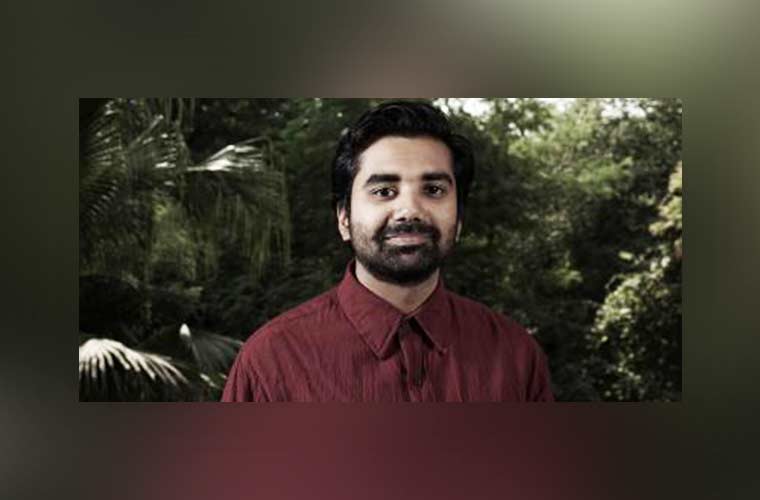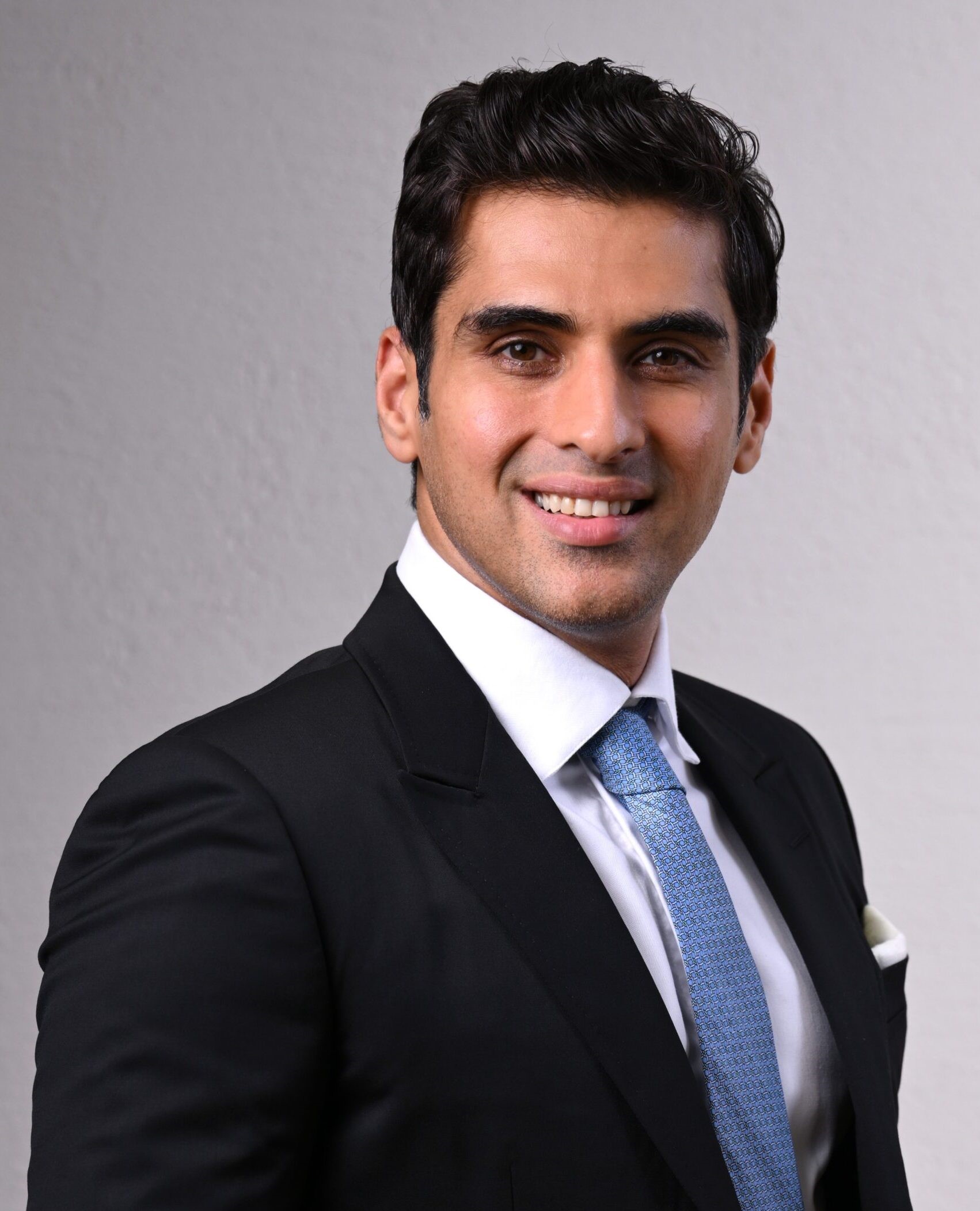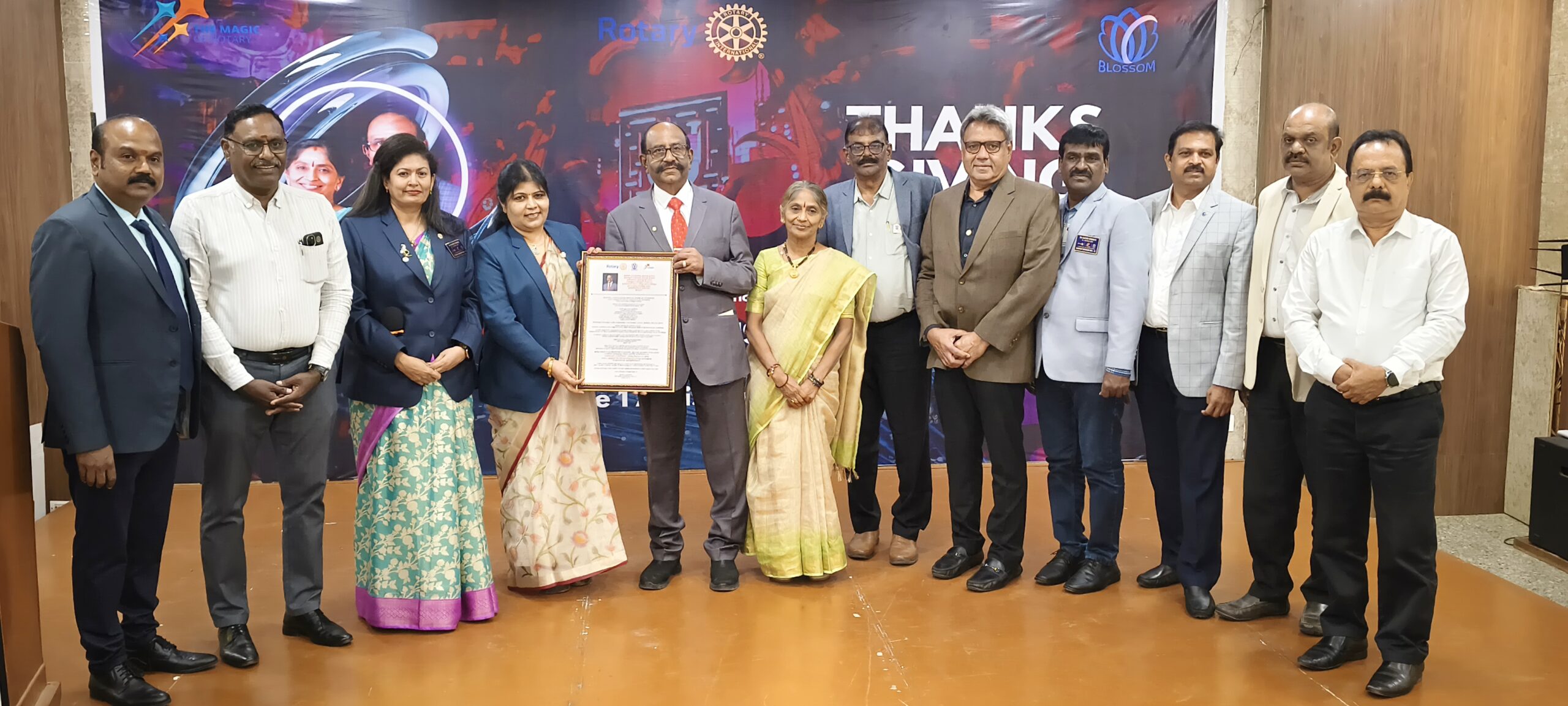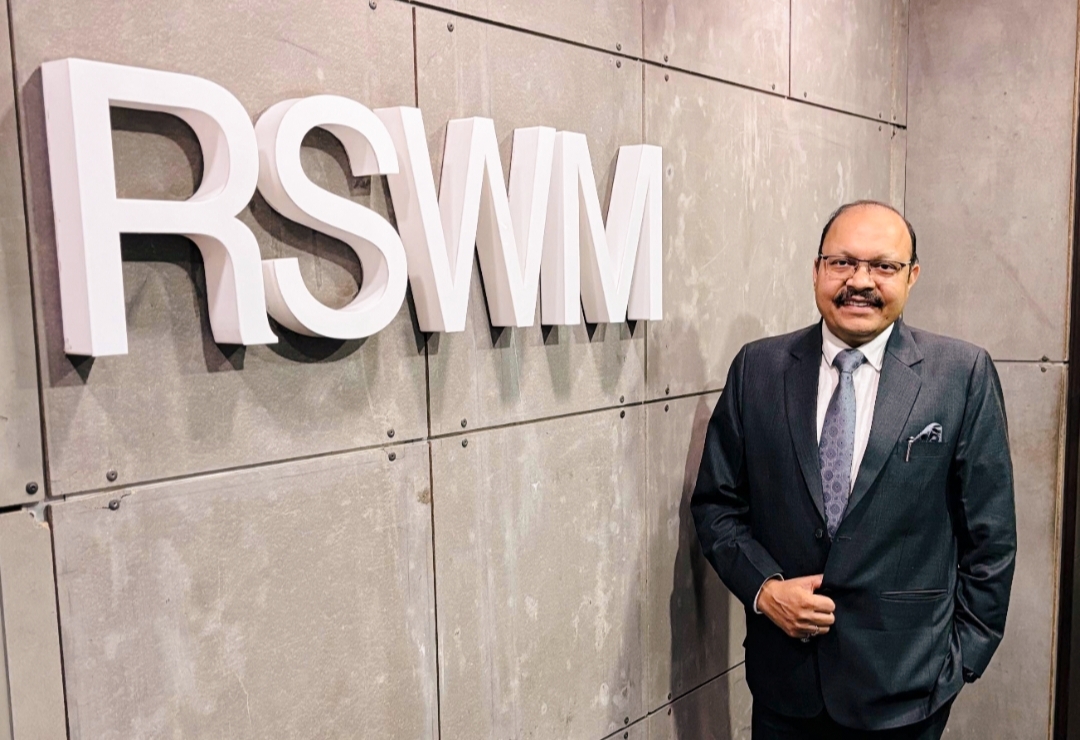Trending Now
- “If Edappadi Palaniswami permits, a thousand young members from the Virudhunagar district AIADMK are prepared to take up arms and engage in battle under my command.” – Former AIADMK Minister Rajendra Balaji
- “India is ready to deal with any counter-attack by Pakistan” – Wing Commander Vyomika Singh
- Central govt orders extension of CBI Director Praveen Sood’s tenure for another year
Coimbatore
Ankit Bhardwaj speaks to Covai Post on his research on Smart City projects
![]() July 27, 2017
July 27, 2017
Ankit Bhardwaj, a Research Associate with the Centre for Policy Research in New Delhi was recently in city to study how cities are mainstreaming ecological and climate actions in their Masterplans and Smart City Plans. Besides Coimbatore, Ankit is currently studying Rajkot in Gujarat, and Davangere in Karnataka.
What is your study about? What is your institution about?
The Centre for Policy Research is a non-profit, non-partisan independent institution dedicated to conducting research that contributes to the production of high quality scholarship, better policies, and a more robust public discourse about the structures and processes that shape life in India. My research focuses on the linkages between cities and climate change, with attention to how current schemes such as the Smart City Mission are responding to associated challenges. Funded by the Swiss Agency for Development &Cooperation (SDC), the research is aimed at finding ways to achieving local development goals such as better housing and transport, while also achieving climate change goals.
What do you think about Smart City projects?
Smart City projects have its positives and negatives. Initially these projects were more about digitisation of most of the services, but later they also involved essential urban development projects. That’s where the study comes in, by trying to provide an answer to the question of ‘Do cities consider climate change and eco- friendly elements into their city master plans and Smart City projects?’ However, most of the projects were planned quickly, with little consideration of long term implications. I am interested to learn in Coimbatore’s case is any different.
Why have you selected these three cities for your study?
I wanted to stay away from the larger metros such as Delhi and Mumbai because many studies have already been done there. Instead, we are focusing on small to medium cities across India, which have different governance arrangements and challenges than metros. The SDC project focuses on Rajkot in Gujarat and Coimbatore, both of which are part of the Smart City Project. Coimbatore even achieved Smart City status in the first round. I believe there are lessons from the small to medium cities that will be relevant to other cities across India. I also wanted to study the various actors in the city, and their role in achieving climate and environment friendly projects. Some may be State initiatives, some will be of the Centre. Some might be developed by the local administration. Others by local NGOs.
What do you feel special about Coimbatore?
Coimbatore’s Smart City Project is unique because its smart city plan is based on the lakes within city. The rejuvenation of eight lakes is a priority in Coimbatore’s smart city project list. That’s unique because no other city has a plan with such an ecological focus. The goal of the study would be to find ways to further enhance the cities projects to better achieve climate change and local development objectives.
How about the Smart City project in the other two cities?
The actors in the project differ in each city. In Davangere, the City Corporation included local industries and workers as part of the project and they were able to develop solutions for local issues such as air pollution. The Smart City Mission also provided an opportunity for the State Pollution Board to intervene. The actor differs in each city. Given that the research is still at itsinitial stage, it remains to be seen what lessons Coimbatore has to offer.























